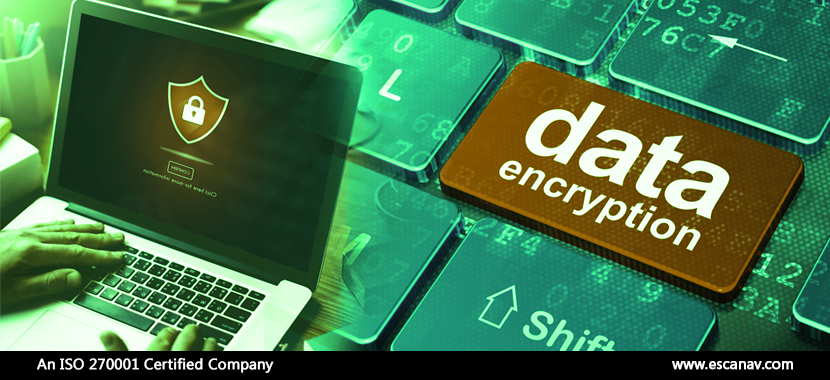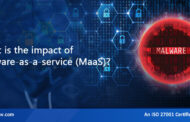A system of communication is underpinned by the principle of end-to-end encryption by only letting the communicating users read the messages. This is put in place to prevent any potential eavesdroppers from accessing the cryptic keys needed to decipher the conversation.
Adoption of New Rules
Government agencies around the world remain deeply concerned with this and would like to do away with the encryption by adopting new rules. Towards the end of last year, a five-page resolution was released In the EU for them to pass new rules to govern the use of end-to-end encryption in Europe. Given this would end the notion of true encryption, the move was opposed by numerous users and security professionals.
They believe that if any agency is given a backdoor into communications, then the term strong encryption would cease to exist. Users can either have their privacy or not and there is no middle ground to it. Similarly, encryption can be either secure or not without a grey area.
Weak Encryption
It is strongly believed that encryption is the foundation of the Internet itself. The citizens of the world require encryption to safeguard their data and offer basic protection against malevolent digital forces. Some agencies have argued that they see backdoors as an easier way to thwart all manner of crimes, ranging from terrorist attacks through to drug trafficking. Although by taking out end-to-end encryption from the picture, these agencies are taking away the protective shield that encryption offers against other cybercrimes.
By using backdoors to bypass secure encryption to intercept a suspicious message or a device, we might end up with weak encryption. From the perspective of a majority of netizens, weak encryption is as good as having no encryption at all.
Weak encryption is likely to be counterproductive. Though the need to combat online criminal activity is understood, weakening encryption will not solve that issue.
Impact on Business
Businesses will surely bear the impact of this as well. In order to protect their trade secrets and sensitive information, many organizations use end-to-end encryption. Similarly, the applications that we use on a daily basis will also feel the heat of this decision. These apps are underpinned by a zero-knowledge ethos which means that users don’t need to worry about being tracked or monetized and can exercise their right to privacy.
Ultimately, adopting this rule will severely undermine the trust that individuals and businesses place in end-to-end encrypted services. The security of the users is also threatened who opt to share information securely. The point regarding privacy and security is completely missed by agencies in favor of the backdoor rule.
To read more, please check eScan Blog







